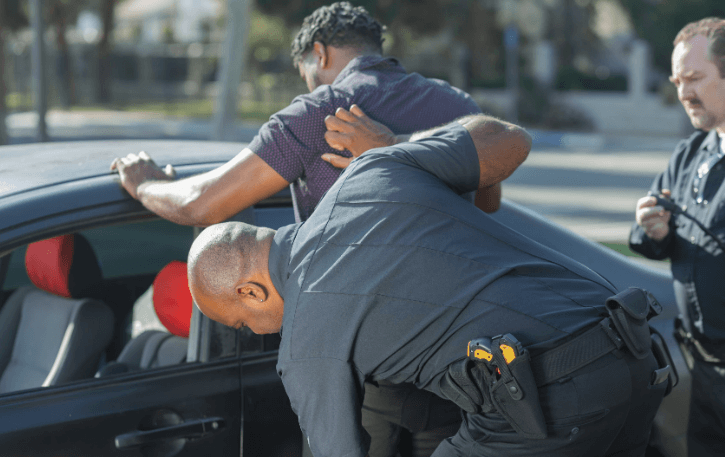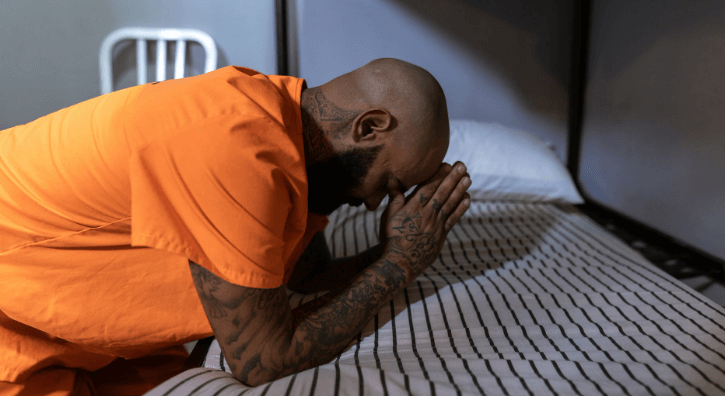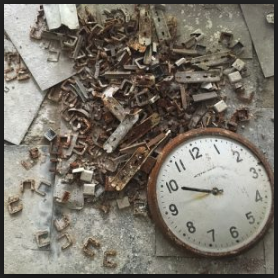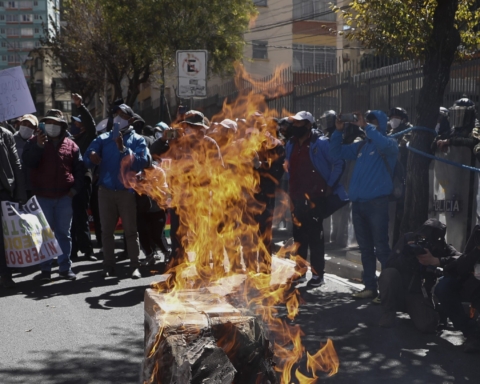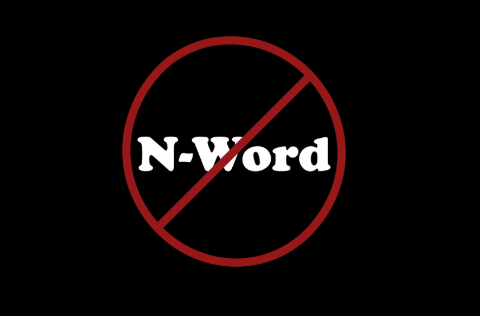So after 40 years of “tough on crime,” it’s come to this. In addition to the military-industrial complex, we have the penal system / financial complex as something to worry about. We now have perverse incentives in place to continue the expansion of incarceration as the answer to all of our societal problems. It makes perfect sense to keep building new facilities whose sole purpose is to enrich the corporate investors, who enable governments to pretend they are addressing their crime problems by locking up miscreants for longer sentences. All in the name of being tough on crime, which politicians love to tout to their voters.
In the October 15 issue of Science Magazine, there’s an outstanding summary of current research and trends in the social sciences regarding incarceration in the US. They show how the past 40 years of tough on crime has ignored secular trends on reduced crime rates (yes, homicide rates for the last couple of years have gone up). Instead, the incarceration rate keeps going up, and we are building a class of people who find it impossible to function in society after they are released from prison.
Imagine you are someone convicted of a crime, maybe through a plea deal you took to prevent the possibility of being locked up for a much longer term if you decided to exert your constitutional right to a trial. You then find it impossible to qualify for almost all jobs, since the background check screams ex-con as soon as you apply. You try to comply with the terms of your release, but you find yourself falling behind on the requirements to pay all of the assorted fees heaped upon you because you were convicted of a crime. Sooner or later you find yourself unable to comply with all of the requirements, and you end up violating a term of your parole, thus triggering your re-incarceration.
So what is the answer to really reduce crime while making it possible for those caught up in the prison system to find their way out and become productive citizens again?
The articles in Science describe how the penal system / financial complex views the poor and the convicted as sources of revenue. Whether it is a system of fees you are responsible for which greatly exceed the restitution amount, or whether it is a requirement that you pay for your own incarceration, or whether it is the ungodly fees you face to use the telephone in a prison where the phone is just another profit center, it certainly seems like the system is stacked against you.
At the same time, attempts at reducing the crimes police and the justice system respond to are causing societal upheaval wherever they are tried. Take the example of San Francisco, where organized shoplifting draws no enforcement activity, but the stores subject to the shoplifting are responding by closing locations. Choosing to minimize unlawful activity can have unintended consequences of greatly increasing said unlawful activity, and then the politicians can say, “See? Liberal approaches don’t work. Lock them up and throw away the key!”
Overlaid on all of this is the war on drugs which has been going on since the 1970’s. Many of the people in prison or subject to re-incarceration ended up with multiple strikes from small scale drug offenses in the past. Trying to separate out those who do represent a threat to society from those who were caught up by drug enforcement in the past is difficult. Therefore, the response from the politicians is often the same. “Lock them up and throw away the key!”
The articles in Science show the folly of using the same techniques as we’ve tried for the past 40 years and expecting better results. Now we have a vested class who have a financial incentive for maintaining the status quo. Many locations which were graced with the construction of a new penal facility, are now dependent upon the jobs these facilities provide. Especially since these are often the only jobs replacing manufacturing jobs, which have disappeared over the decades. All in all, we face a much more difficult task at trying real reform of the justice system, since so many locations and corporations are dependent upon the money provided by the penal system.
So what is the answer to really reduce crime while making it possible for those caught up in the prison system to find their way out and become productive citizens again? That is a good question. First, we need to agree on this as an objective of our justice system – we want people to emerge from prison ready and able to become productive citizens. If we agree on that as a real objective, then solutions begin to appear. Chief among these is to reduce the incentive to make prisons profit centers. Privatization of penal facilities is not good, since the dollars saved by the taxpayers, ends up getting eaten up by encouraging recidivism.
Let’s face it. We do not want a society where violent activity is tolerated. But that means we want equity for all, not just those who happen to fall afoul of the justice system as it is currently configured.
There is plenty to be said about racial preferences in traffic stops, which is the entry point for many into the judicial system. When all races use drugs in roughly the same proportion, yet one race is disproportionately singled out for possession, something is not in balance.
Many who believe themselves to be conservative patriots will discount the findings in Science as namby-pamby pabulum presented by liberals to denigrate the feelings of True Americans. Yet it is becoming more difficult to ignore the consequences of our “tough on crime” approach, when so many people are being swept up in the maelstrom that is our justice system. Perhaps an outcry for change will only be heard by the politicians when more White people are caught up in the system, which must show a perpetual increase in inmates to justify the investment made in facilities. It would be a shame that our politicians do not believe the evidence already in front of their eyes, but when everything is viewed through a racial filter, it is not surprising.
Jeff Swing
~ Even a Broken Clock ~
Guaranteed Correct Twice Per Day

